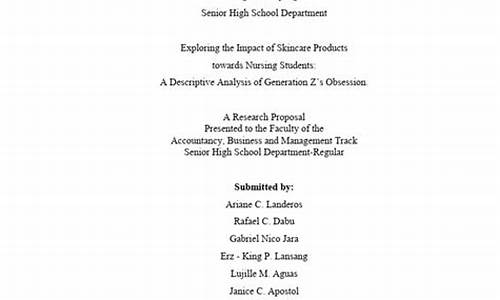The Impact of a Healthy Lifestyle on Work Efficiency
A healthy lifestyle plays a crucial role in improving work efficiency. When individuals prioritize physical activity, balanced nutrition, adequate sleep, and mental well-being, their overall productivity at work increases. By adopting healthier habits, employees can enhance their focus, energy levels, and problem-solving skills, leading to better performance in their professional lives. This article delves into how specific aspects of a healthy lifestyle contribute to a more efficient and productive work environment.
Physical Activity and Its Influence on Work Efficiency

Regular physical exercise helps to increase blood flow and oxygen to the brain, improving cognitive functions such as concentration and memory. It also reduces stress and boosts mood through the release of endorphins. Individuals who incorporate exercise into their daily routine tend to have better energy levels, which enables them to tackle tasks with more vigor and enthusiasm. Furthermore, exercise helps in maintaining physical health, reducing the likelihood of illnesses that could lead to time off work.
The Role of Balanced Nutrition
Eating a well-rounded diet is vital for sustained energy throughout the workday. Foods rich in vitamins, minerals, and antioxidants support brain function and physical health. A balanced diet helps to prevent energy crashes, which can negatively affect productivity. Healthy snacks and meals ensure that the body remains fueled and focused, avoiding the sluggishness that often comes from unhealthy eating habits, such as high sugar or processed food consumption.



Importance of Adequate Sleep
Sleep is another critical factor in maintaining work efficiency. Adequate rest allows the brain and body to recover and recharge, ensuring that individuals are alert and ready to face the challenges of the day. Chronic sleep deprivation can impair cognitive function, leading to poor decision-making, lack of focus, and increased error rates. Prioritizing sleep ensures better concentration, improved memory, and a sharper mind during work hours.
Mental Well-being and Stress Management
Mental health is just as important as physical health when it comes to work efficiency. Practicing mindfulness, meditation, and stress management techniques can help reduce anxiety and promote a positive outlook. When employees feel mentally balanced, they are more likely to stay motivated, focused, and productive. Taking time to relax and recharge prevents burnout, which is crucial for maintaining long-term efficiency in the workplace.

In conclusion, adopting a healthy lifestyle that includes regular exercise, balanced nutrition, adequate sleep, and mental well-being practices can significantly improve work efficiency. These factors work together to enhance cognitive abilities, energy levels, and overall job performance, making it easier to meet the demands of a fast-paced work environment. Individuals who prioritize their health are not only investing in their well-being but also in their professional success.